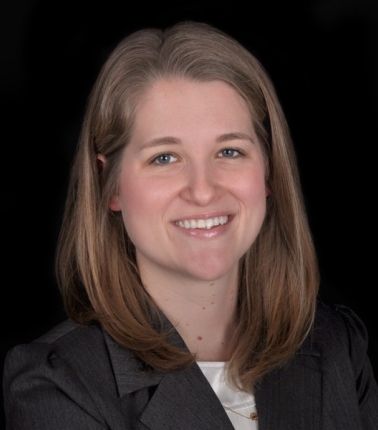Come celebrate 10 YEARS of the New York R Conference! This year’s conference takes place May 16th & 17th with workshops May 15th. We are taking a trip down memory lane and looking back over the past nine years. Come listen to some of the all-time greats who will be gracing our stage once again, and we’re also adding some fresh and exciting new voices to the mix!
This year’s conference features an a-list lineup of speakers who will be sharing their expertise on a wide range of topics, including data visualization, machine learning, programming, AI and more.
Speakers include:
- Hadley Wickham – Posit
- Emily Zabor – Cleveland Clinic
- Andrew Gelman – Columbia University
- Zhangjun Zhou – Macy’s
- Wes McKinney – Posit
- Hilary Mason – Hidden Door
And more will be announced soon!
There are also interactive workshops available to sharpen your skills and learn new techniques.
Workshops include:
- Machine Learning in R with Max Kuhn
- Causal Inference in R with Malcolm Barrett & Lucy D’Agostino McGowan
- Exploratory Data Analysis with the Tidyverse with David Robinson
Use promo code RSTATS20 for 20% off conference & workshop tickets (in-person & virtual). To secure your spot and learn more about the speaker lineup and workshops, visit rstats.ai/nyr.
Also, follow @rstatsai on Twitter to stay up to date with all conference details.
Be a part of this extraordinary opportunity to acquire new skills, foster growth, and connect with the data science community.







